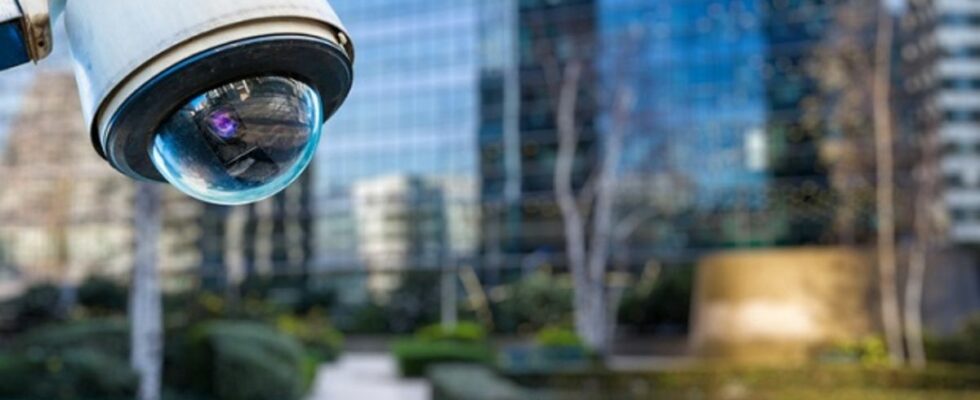The Olympic Games will be an opportunity for manufacturers to experiment with algorithmic video surveillance tools. A first test opened this week during two concerts by the Depeche Mode group in Paris: Sunday March 3 and Tuesday March 5, six cameras equipped with Cityvision software marketed by the company Wintics were installed around the Arena of Bercy reports AFP.
This first test currently aims to study the functioning of these devices and takes place as part of an experimental period provided for by the Olympic Games law passed in the summer of 2023, opening a period extending until March 2025.
The secretary general of the CNIL Louis Dutheillet de Lamothe summarizes the challenges of this experiment on France Inter as follows: “We must look at whether it is useful or not to secure an event, and we must define the right balance. The CNIL has called for that there is not permanent, automated surveillance everywhere in public spaces for all types of offenses.” On this occasion, CNIL agents will be present to control the “first calibration test” set up on this occasion.
No facial recognition
Asked about the limits of these technologies, the secretary general of the CNIL specifies that these tests are for the moment confined to a series of precise and defined use cases and that these new algorithmic cameras should not be confused with the tools of facial recognition: “Facial recognition will be able to recognize someone by connecting the system with a biometric base. But that is not used at all in this context, it is currently prohibited in France.”
The cameras installed this week will not be the only experiments implemented by manufacturers. SNCF thus presented its TNI project, an acronym for “Digital Image Processing” which allows it to anonymize the images taken from its video surveillance system in stations by erasing all biometric or personal data.
“These are experiments which are carried out in collaboration with the Ministry of the Interior. We are in the process of testing it in the weeks and months to come, particularly during the Olympics. But for the moment this remains a device implemented implemented in specific areas validated by the police headquarters.” explained Julien Nicolas, digital director of the SNCF group, not excluding an expansion of these systems in the future if their effectiveness is proven.
End of the wild west
Among the use cases envisaged for this experiment, SNCF would like to test the system’s ability to automatically raise alerts in the event of detection of a person in a prohibited area, abnormal crowd density or abandoned luggage.
“The system will raise alerts automatically and report an abnormal event to an operator, who will then be able to regain control of the camera or send general surveillance agents in order to remove any doubts” specifies Julien Nicolas.
The first “wild” experiments with these algorithmic video surveillance technologies had been in place for several years, whether by the SNCF, the RATP or in several cities equipped with video surveillance systems. These deployments were notably criticized by the freedom defense association La Quadrature du Net. In 2022, the CNIL opened a first consultation on the subject in order to gather the opinions of stakeholders.
